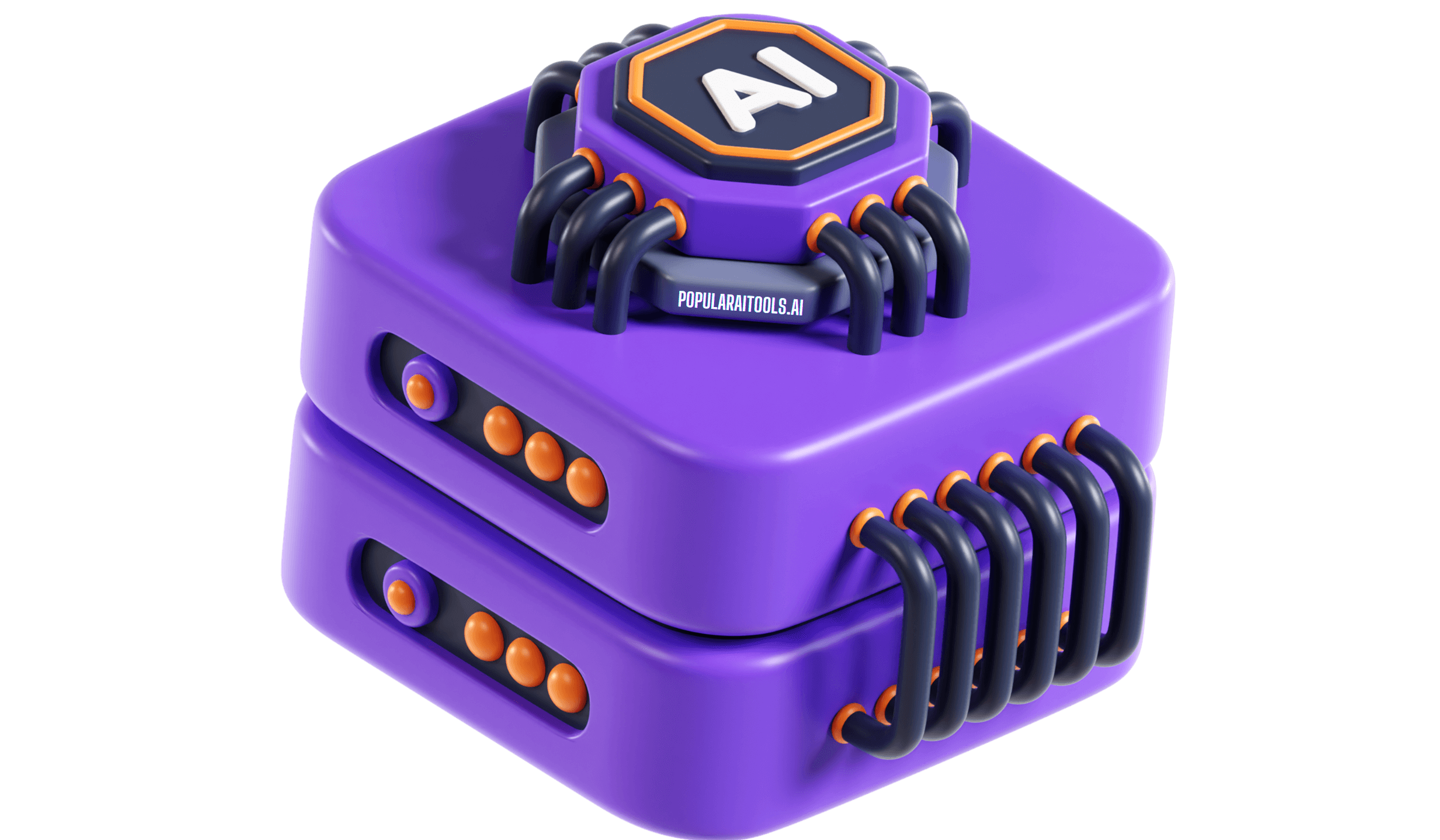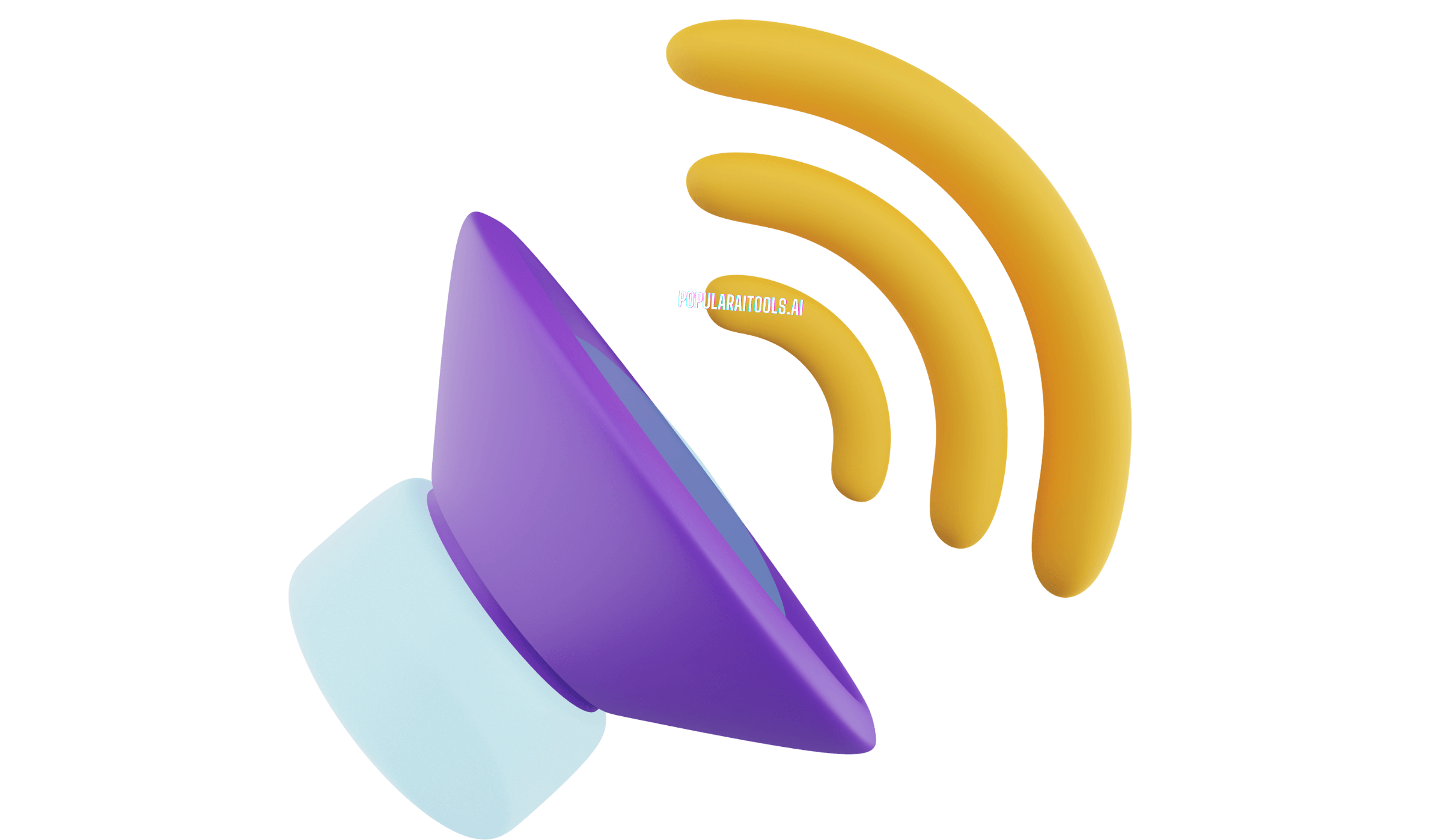
Are you tired of using the same samples and loops in your music productions? Do you want to take your creativity to the next level and revolutionize your soundtrack? Look no further than these 9 ultimate AI music generators. With cutting-edge technology and unmatched versatility, these tools will change the way you approach music production. Whether you’re a seasoned producer or just starting out, these AI music generators have something to offer everyone. Get ready to explore new horizons and unlock endless possibilities with these game-changing tools.
Introduction: The Evolution of AI in Music
The use of AI in music has evolved from experimental to mainstream. AI systems are trained on vast amounts of existing musical data and can, therefore, generate new pieces that mimic a specific genre or artist’s style. The technology behind these systems is based on deep learning algorithms capable of recognizing patterns and structures within the music. This approach unlocks novel ways to explore creative possibilities and democratizes access to quality soundtracks for media production. However, critics argue that AI-generated music lacks the emotional depth that human beings bring into the process; others see it as an opening for collaborative expression between man and machine. As we contemplate the potential implications of this disruptive innovation in music composition, one thing is clear: the future promises exciting changes in how we make and consume our favorite tunes.
How Does AI Generate Music? A Closer Look at the Technology
AI in music has come a long way since its inception. With the advent of deep learning algorithms and neural networks, AI music generators have become more sophisticated and capable of producing high-quality compositions. These algorithms analyze vast amounts of data to identify patterns and generate music that mimics human creativity.
One popular approach is generative adversarial networks (GANs), which use two neural networks to generate music. One network creates music, while the other evaluates it for authenticity. This process continues until the generator produces music that the evaluator deems authentic.
Another technique is recurrent neural networks (RNNs), which use previous notes to predict future ones. RNNs can generate melodies and harmonies that are coherent and follow a specific style or genre.
AI-generated music is not limited to just classical or ambient genres; it can also produce hip-hop, rock, and even pop tunes. As technology advances, AI music generators will continue to evolve and push the boundaries of what’s possible in music production.
Is Mubert the best AI Music Generator in 2024?
Mubert is one of the most popular AI music generators in 2024, thanks to its ability to create unique and dynamic tracks in real-time. The platform uses machine learning algorithms to analyze user preferences and generate music that matches their mood and style. Users can choose from a variety of genres, including electronic, hip-hop, and ambient, and customize the tempo, intensity, and duration of their tracks. Mubert also offers a library of pre-made tracks that users can license for commercial use. While some critics argue that AI-generated music lacks the emotional depth and nuance of human compositions, Mubert.s success suggests that many listeners are open to exploring new forms of musical expression.
The Best AI Music Generators
AI Music Generators: A Game-Changer in Music Production
AI music generators have emerged as a game-changer in the world of music production. With the help of advanced algorithms and machine learning, these software tools can create original compositions that rival those produced by humans. They offer unparalleled efficiency and creativity, making it easier than ever to produce high-quality tracks for any project or genre. The best AI music generators use sophisticated techniques such as deep neural networks to analyze vast amounts of data and generate unique musical patterns with ease. This technology has made it possible for musicians, producers, and artists to discover new sounds and explore uncharted territory in their creative journey.
Top 9 AI Music Generators for Unmatched Creativity
Here are the top 9 AI music generators that are revolutionizing the music industry with their unmatched creativity and innovation. These platforms utilize cutting-edge technology to generate unique and original compositions that cater to a diverse range of genres and moods. From Amper Music’s intuitive interface to Jukedeck’s customizable options, these AI-powered tools offer musicians and producers an endless supply of inspiration. With features like real-time collaboration and custom instrument selection, AIVA and AIVA for Video are perfect for media professionals. Other notable mentions include AIVA for Education, Humtap, and OpenAI’s MuseNet. These AI music generators are paving the way for a new era of music production that blends human creativity with technological advancements.
Revolutionizing Your Soundtrack with AI Music Generators
Artificial intelligence has revolutionized the music industry, providing unmatched creativity and efficiency in music production. With the help of AI music generators, musicians and producers can now create unique and original tracks in a matter of minutes. These generators use complex algorithms to analyze and understand different genres, rhythms, and instruments to produce high-quality music that is both innovative and captivating. By harnessing the power of AI, musicians can explore new sounds and styles that were previously impossible to achieve. With the best AI music generators such as Amper Music and AIVA, you can take your music production to the next level and unlock endless possibilities for your soundtracks.
The Ultimate Guide to Choosing the Best AI Music Generator for Your Needs
When it comes to choosing the best AI music generator for your needs, there are a few key factors to consider. First, consider the genre of music you want to create and ensure that the AI music generator you choose is capable of producing that style. Second, look for a platform that offers customization options so you can tailor the generated music to your specific needs. Third, consider the level of control you want over the generated music and choose a platform that offers varying degrees of control. Lastly, pay attention to user reviews and ratings to ensure that the platform is reliable and produces high-quality results.
Benefits and Limitations of Using AI for Music Composition
The use of AI in music composition has numerous benefits. One of the most significant advantages is the speed at which AI can generate music. With AI, composers can create a large volume of music in a short amount of time. Additionally, AI-generated music can be tailored to specific moods, genres, and even individual preferences.
Another benefit is that AI can help break creative blocks. Composers can use AI-generated music as a starting point for their own compositions, inspiring new ideas and directions.
However, there are also limitations to using AI in music composition. One of the main concerns is that AI-generated music lacks the emotional depth and complexity that human-created music possesses. Additionally, there is a risk that reliance on AI could lead to a homogenization of musical styles.
Despite these limitations, the use of AI in music composition is becoming increasingly prevalent and has the potential to revolutionize the industry.
Why Soundraw.io is changing the landscape of Royalty Free Music
At Soundraw.io, royalty-free music has never been so easy to find. With an extensive library of AI-generated musical tracks in various genres, this platform offers a fast and affordable solution for content creators looking for quality background music.
Using the latest AI algorithms, Soundraw’s library is updated regularly with new songs that are uniquely tailored to meet customers’ needs. The website features user-friendly search filters that enable users to sort by mood, genre, and tempo.
What sets Soundraw apart from other royalty-free music libraries is its focus on speed and customization. With only a few clicks, anyone can quickly find their perfect track without compromising on quality or creative vision.
Soundraw.io goes beyond being just another digital marketplace; they aim to revolutionize the way we approach music licensing, making it accessible for everyone while preserving the artistry of music composition.

Top 9 AI-Powered Music Generators
Top 9 AI-Powered Music Generators
AI music generators have come a long way and are now capable of producing impressive tracks across various genres. Among the most promising platforms is AIVA, which in addition to generating unique melodies, also provides personalized soundtracks according to specific preferences. Jukedeck allows users to customize tempo, duration, and instruments, while providing polished tracks that can be further edited on any digital audio workstation software. Another excellent option is Amper Music, which uses machine learning algorithms to create bespoke songs with a professional touch from scratch.
Lalal is an AI music generator that allows users to remove vocals from any song or create instrumental versions of songs. The platform uses complex algorithms to analyze the audio and create a clean separation of vocals and instrumental tracks. One of the benefits of using Lalal.ai is the ability for users to create high-quality instrumental versions of songs. The platform is designed to be user-friendly, requiring no prior music knowledge or experience. Additionally, Lalal.ai can be used for a variety of purposes, such as remixing and karaoke.
For Hip-Hop enthusiasts, Amadeus Code offers advanced beat production tools powered by AI-based melody composition technology that can help bring out musical creativity even among non-music producers. Meanwhile, classical music lovers may enjoy experimenting with the Neo-Romantic style available via AI-powered service provider called ‘OpenAI Jukebox’, which has been trained with a large dataset of classical repertoire throughout history.
If you’re looking for free-to-use options without sacrificing quality or variety of genres available, Magenta Studio should not be missed; it enables people with no prior experience in music-making (as well as experts) to generate everything from ambient textures and arpeggios up through fully produced compositions built on recognizable elements found in pop hits today. The other notable services worth mentioning include Nsynth Super, which has revolutionized how people perceive electronic synthesisers; the futuristic-sounding plugin generates new sounds never before heard by humans! Lastly, Mubert is an AI music generator that uses machine learning algorithms to create royalty-free music tracks. The platform offers a wide range of styles, including electronic, hip-hop, and ambient, and allows users to customize the music based on their preferences.
Some benefits of using Mubert.com are:
The music created is royalty-free and can be used for commercial purposesUsers can customize the style, mood, and tempo of the music they createMubert.com has been used by major brands to create music for their advertisements
In this age where time is money having an efficient way of creating original tunes gives musicians more flexibility than ever before – so whether writing your next hit single or scoring your next video project consider exploring these amazing tools brought about by modern technology!
Case Studies: Real-Life Examples of Successful Use of AI in Music Industry
AI-generated music has gained popularity among individual artists, music producers, and even big record labels. Grammy-winning artist Taryn Southern used AI to create an album “I AM AI,” which was fully composed using various machine learning algorithms. Another example is the popular video game FIFA 19, which employed algorithmic composition technology from AIVA to generate its soundtrack.
One of the most prominent examples is Amper Music’s collaboration with SKY TV for creating a theme tune for Formula 1 racing events. Using Amper’s AI-powered platform helped SKY TV save time and money while producing high-quality original music that captures the spirit of F1 racing.
However, there are also instances where human input remains essential in producing exceptional compositions despite leveraging advanced technology like Open Ai’s MuseNet or Google Magenta project. The role of creativity and innovation becomes more important as AI shifts towards becoming a tool not only for generating but enhancing human creation as well.
Ethics and Future Implications: Debating the Role of Human Creativity in the Age of AI
Ethics and future implications of using AI in music production have been an ongoing debate within the industry. Some argue that AI-generated music lacks emotional depth and cannot replace human creativity, while others praise it for its efficiency and ability to create unique compositions. Additionally, there are concerns about copyright infringement with the use of certain AI-powered tools for generating music.
The development of AI in music raises important ethical questions such as whether or not we are devaluing the role of human artists or exploiting their work. It is crucial to address these concerns by establishing better regulations and guidelines for how this technology is used in creative settings.
As we look towards the future, it’s clear that advances in artificial intelligence will continue to impact the way music is created and consumed. The possibilities seem endless but responsible innovation must be at play so as not to compromise on artistic integrity.
Conclusion: What’s Next for AI-Generated Tunes?
As AI continues to evolve, so does its role in music production. The possibilities for AI-generated music are endless, and it’s exciting to think about what the future holds. However, there are also ethical concerns surrounding the use of AI in music creation. Some argue that it takes away from the human element of music and could potentially replace human musicians altogether. Others believe that AI can enhance creativity and lead to new and innovative sounds.
Regardless of where you stand on this debate, it’s clear that AI-generated music is here to stay. As technology continues to advance, we can expect even more sophisticated AI music generators that push the boundaries of what we thought was possible.
AI in music has already revolutionized the industry, and it will be fascinating to see how it continues to shape the future of music production. Whether you’re a musician looking for inspiration or a producer searching for new sounds, incorporating AI into your creative process could lead to some truly groundbreaking results. So why not give it a try? Who knows what kind of musical masterpiece you might create with the help of an AI-powered generator?
Conclusion: What’s Next for AI-Generated Tunes?
As we come to the end of our exploration into the world of AI music generators, it’s clear that there is no denying the significant role played by this technology in modern-day music production. The benefits are undeniable – speed, efficiency, and accessibility being just a few.
However, as with any technological advancement, questions around ethics and future implications are inevitable. As we continue to harness the power of AI in creative fields like music production, it is important that we keep pushing ourselves to find a balance between human creativity and machine algorithms.
But one thing remains certain: AI-generated tunes will only get better from here on out. With more data input, programming advancements, and better cross-industry collaboration between tech developers and musicians alike – We can’t wait to see what comes next in this exciting evolution of sound.
FAQs
Q: Who is using AI in music?
A: Musicians, producers, and tech companies are using AI to create and enhance music.
Q: What is AI doing in music?
A: AI is being used to create music, analyze data, and personalize music recommendations.
Q: How is AI changing music creation?
A: AI is enabling musicians to create music faster, experiment with new sounds, and collaborate remotely.
Q: Who benefits from AI in music?
A: Music listeners benefit from personalized recommendations, while musicians benefit from improved creativity and efficiency.
Q: What are the objections to AI in music?
A: Some worry that AI will replace human creativity, while others fear it will lead to a homogenization of music.
Q: How can we address objections to AI in music?
A: By embracing AI as a tool, not a replacement for human creativity, and encouraging experimentation and diversity in music creation.

